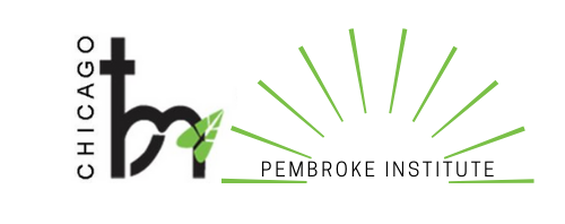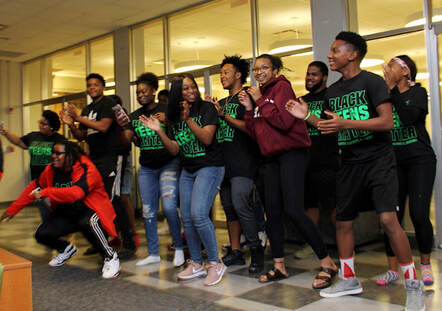The Maceo D. Pembroke Institute provides culturally relevant programs
for children and youth to see who they are and what it means to be Methodist.
for children and youth to see who they are and what it means to be Methodist.
MACEO D. PEMBROKE INSTITUTE
THE MACEO D. PEMBROKE, SR. MEMORIAL INSTITUTE IS A PROGRAM OF CHICAGO BLACK METHODISTS FOR CHURCH RENEWAL, INC. THE INSTITUTE WAS FOUNDED BY REV. DR. PHILLIP A. HARLEY IN 1972, CALLED THE MINISTERIAL RECRUITMENT PROGRAM AND DEEMED RELIGIOUS AND EDUCATIONAL IN NATURE. IT WAS LATER NAMED IN MEMORY OF REV. MACEO D. PEMBROKE, SR.
THE MISSION OF THE INSTITUTE IS TO RECRUIT, TRAIN AND NURTURE YOUTH AND YOUNG ADULTS, IN BLACK UNITED METHODIST CHURCHES, FOR MINISTRY (LAY AND ORDAINED) IN THE UNITED METHODIST CHURCH.
The Maceo D. Pembroke, Sr. Memorial Institute is a one-week intensified religious life experience. The education praxis is action and reflection, utilizing and lifting up the principles of image building, dialoguing, nurturing and celebrating. This institute is designed to recruit, challenge and nurture young people (high school through college; we also encourage second career persons who are wrestling with their calling) to perceive the practice of Christian ministry as Laity or Ordained Clergy as a viable and satisfying career option.
The Pembroke Institute encourages and provides opportunities where those participants share in worship services and other activities in the church that will help them to continue to grow in their faith and live out their Christian discipleship.
CORE OBJECTIVES:
1. To help students develop a sound perspective on the Christian faith and Christian discipleship;
2. To provide a learning environment conducive for the discernment of call and giftedness; and
3. To help students think critically about the role of faith and discipleship, particularly within a culture
of violence, to the extent that each student will commit to be an agent of divine transformation through
active lay or ordained ministry in the United Methodist Church.
THE MISSION OF THE INSTITUTE IS TO RECRUIT, TRAIN AND NURTURE YOUTH AND YOUNG ADULTS, IN BLACK UNITED METHODIST CHURCHES, FOR MINISTRY (LAY AND ORDAINED) IN THE UNITED METHODIST CHURCH.
The Maceo D. Pembroke, Sr. Memorial Institute is a one-week intensified religious life experience. The education praxis is action and reflection, utilizing and lifting up the principles of image building, dialoguing, nurturing and celebrating. This institute is designed to recruit, challenge and nurture young people (high school through college; we also encourage second career persons who are wrestling with their calling) to perceive the practice of Christian ministry as Laity or Ordained Clergy as a viable and satisfying career option.
The Pembroke Institute encourages and provides opportunities where those participants share in worship services and other activities in the church that will help them to continue to grow in their faith and live out their Christian discipleship.
CORE OBJECTIVES:
1. To help students develop a sound perspective on the Christian faith and Christian discipleship;
2. To provide a learning environment conducive for the discernment of call and giftedness; and
3. To help students think critically about the role of faith and discipleship, particularly within a culture
of violence, to the extent that each student will commit to be an agent of divine transformation through
active lay or ordained ministry in the United Methodist Church.

